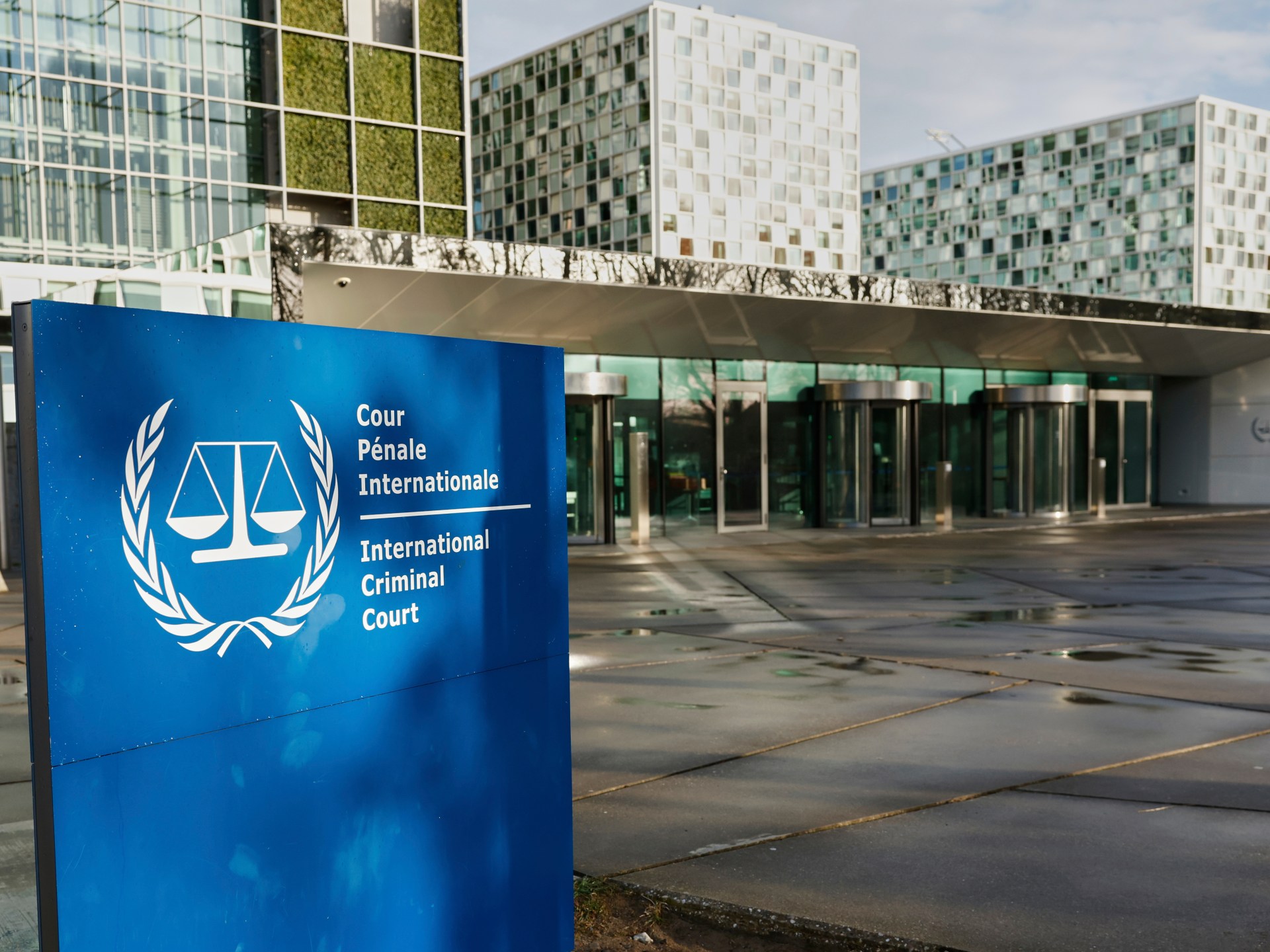The administration of Donald Trump imposed sanctions on four judges of the International Criminal Court (ICC), including a Slovenian judge. The sanctions were introduced due to ICC investigations into alleged war crimes by US soldiers in Afghanistan and arrest warrants for Israeli Prime Minister Benjamin Netanyahu. Slovenia, as an EU member, has called on the European Union to use its blocking statute to prevent the application of these sanctions in Europe, considering them illegal. This measure has previously been used to protect European trade with Iran and Cuba. The sanctions have sparked criticism due to perceptions that they are politically motivated and threaten the independence of the ICC.
Political Perspectives:
Left: Left-leaning outlets emphasize the political motivations behind the US sanctions, highlighting concerns about the undermining of international justice and the independence of the ICC. They often criticize the Trump administration’s approach as an attack on international law and frame Slovenia’s call as a defense of multilateralism and rule of law.
Center: Center-leaning sources report the facts of the sanctions and Slovenia’s response with a focus on the legal and diplomatic implications. They present the issue as a complex international dispute involving sovereignty, legal jurisdiction, and geopolitical alliances, without strong editorializing.
Right: Right-leaning media tend to highlight the US perspective, portraying the ICC as overreaching and biased against US and allied interests. They support the sanctions as a justified defense of national sovereignty and criticize the ICC’s investigations as politically motivated. Slovenia’s opposition is sometimes framed as a challenge to US foreign policy.








